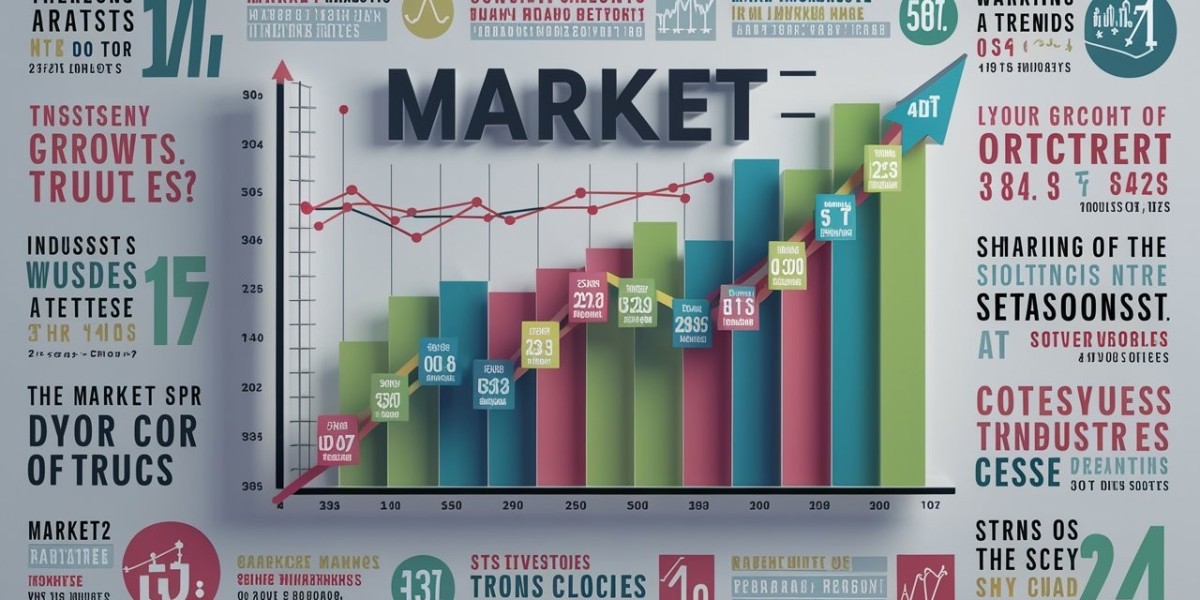Epic poetry, or "epopeya" in Spanish, stands as a timeless testament to the power of storytelling and the human spirit. Defined by its grandeur, heroic characters, and sweeping narratives, epic poetry transcends cultures and epochs, leaving an indelible mark on literature. Let us delve into the characteristics that define this captivating literary form.
- Heroic Protagonists: At the heart of every epic poem lies a heroic figure whose deeds and qualities embody the ideals of their society. From the valiant Achilles in Homer's "Iliad" to the noble Beowulf of Anglo-Saxon lore, these protagonists undertake monumental quests and face formidable adversaries, inspiring awe and admiration.
- Grand Scope and Divine Intervention: Epics often unfold on a vast canvas, spanning continents and generations. They frequently incorporate elements of divine intervention, where gods and supernatural forces influence the outcome of mortal affairs. This cosmic dimension adds layers of complexity and underscores the epic's larger-than-life quality.
- Elevated Language and Style: Epopeya is distinguished by its use of elevated language and formal structure. Poetic devices such as similes, metaphors, and epithets enrich the narrative, heightening its emotional impact and contributing to its lyrical beauty. The rhythmic flow of verses enhances the oral tradition from which many epics originated.
- Cultural Significance: Beyond entertainment, epic poetry serves as a repository of cultural values, beliefs, and historical events. It reflects societal ideals and challenges, offering insights into the collective consciousness of civilizations across time. Through its portrayal of triumphs and tragedies, epics foster a deeper understanding of human nature and the human condition.
- Enduring Legacy: Despite originating in ancient times, epic poetry continues to resonate with contemporary audiences. Its themes of heroism, sacrifice, and the struggle between good and evil remain relevant, transcending temporal and geographical boundaries. Modern adaptations and reinterpretations ensure that the essence of epopeya endures in literature, film, and other art forms.
- Moral and Philosophical Reflections: Epics often explore profound philosophical questions and moral dilemmas. Through the trials and tribulations of their protagonists, they offer ethical insights and reflections on the nature of honor, fate, and justice. These themes resonate universally, inviting readers to contemplate their own beliefs and values.
Conclusion: In conclusion, epic poetry, encapsulated by the keyword epopeya características, represents a pinnacle of literary achievement. Through its larger-than-life protagonists, sweeping narratives, and timeless themes, it continues to captivate and inspire readers worldwide. As we immerse ourselves in the rich tapestry of epopeya, we celebrate its ability to transcend the boundaries of time and culture, offering profound insights into the human experience. Whether revisiting ancient classics or discovering modern interpretations, the enduring allure of epic poetry lies in its ability to connect us to our shared heritage and illuminate the universal truths that define us all.



